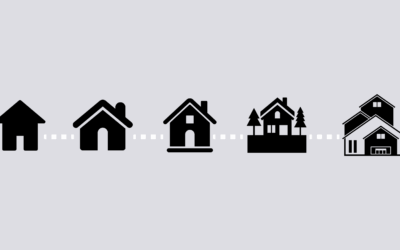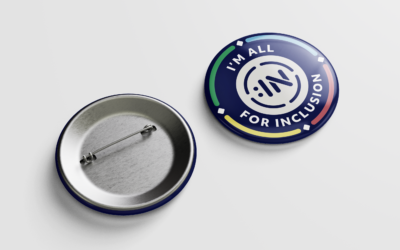This interview is part of our Diversity in Tech series in partnership with All Raise, Anitab.org, Blavity, Grid 110, and Latinas in Tech, a coalition effort to champion diverse representation in the tech industry. Read more about this initiative here, and download images from the Diversity in Tech collection here.
Nicole Herrera is the Culture, Diversity and Inclusion Program Manager at Google. She has spent a decade working on Diversity and Inclusion initiatives, strategizing and executing success on teams with global reach through program and people management in Latin America and the US. In her current role, she manages Google’s Diversity and Inclusion efforts for Android, aiming to advance representation, inclusion, and product accessibility. Nicole is also the Director of Diversity and Inclusion for Latinas in Tech.
We caught up with Nicole to learn more about her role at Google, programs and initiatives she’s leading, and some ways everyone can support diversity and inclusion in tech.
Hi Nicole! Tell us about yourself, how did you get to where you are today?
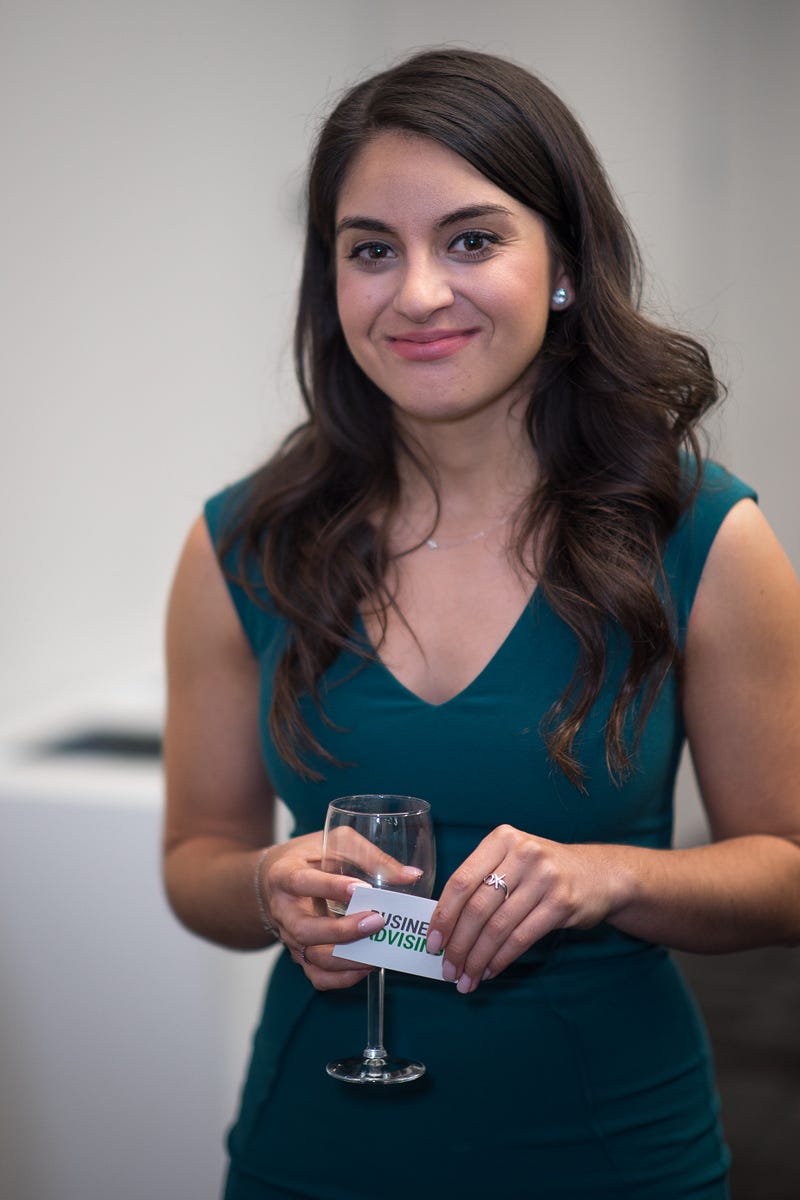
I’m Mexican American and was born and raised in San Francisco. I graduated Wellesley College with a degree in Latin American Studies and Economics. In 2011 I joined Google, based out of our Buenos Aires office. Over the past 9 years, I’ve worked in Argentina, Colombia, Austin, and the Bay Area in our Google Ads, Cloud, and Android product areas. I’ve always been passionate about diversity, equity, and inclusion and am really grateful to be in the role I have now. Prior to this role, I helped launch our Digital Coaches program, an educational program to empower Black and Latinx small business owners to use digital tools to grow their business. I also served as a Board member of HOLA, the employee resource group for Latinx employees.
As the Culture, Diversity and Inclusion Program Manager at Google Android, what does a day on the job look like?
I work closely with Android leadership and cross functional teams to create goals and programs to improve Android’s representation, inclusion, and product inclusion.
A day in the life can include anything from: a meeting with leadership on our Diversity, Equity and Inclusion (DEI) progress, a brainstorm session to launch a new program, or just work time to make sure all of our action items are on track for deadline.
An important component of my work is tracking progress. Results in DEI can take time, and it’s so important to treat the goals like a business priority. It’s not about the number of events you organize – but are we really moving the needle in our representation, belonging, and product accessibility.
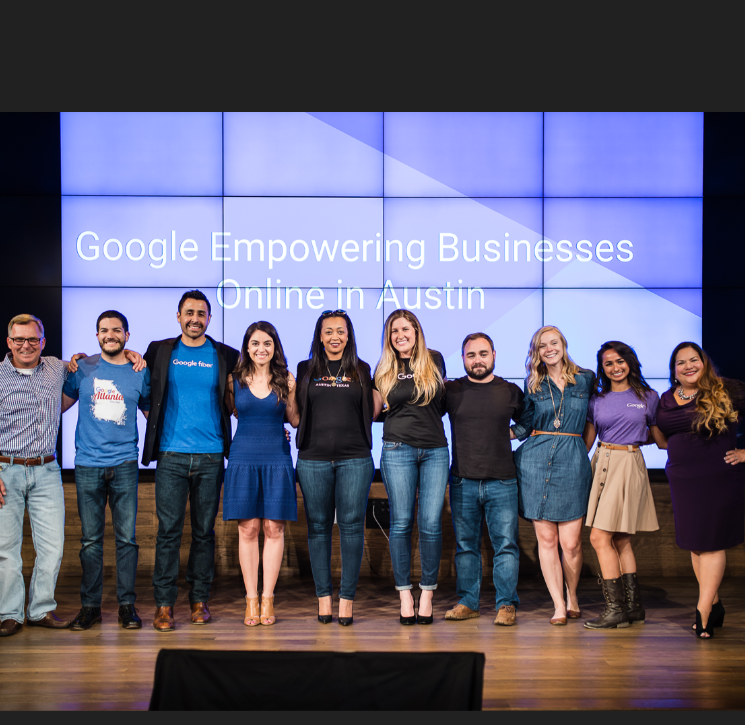
What are some of the ways Google is actively working to advance representation, inclusion and product accessibility?
One focus is building better pathways to tech for folks from traditionally underrepresented groups. We have a University Programs team that focuses on our relationship with Historically Black Colleges & Universities (HBCUs) and Hispanic Serving Institutions (HSIs). In my current role, Android is partnering to deliver tech talks to Latinx students and connect virtually to build networks and future pipeline.
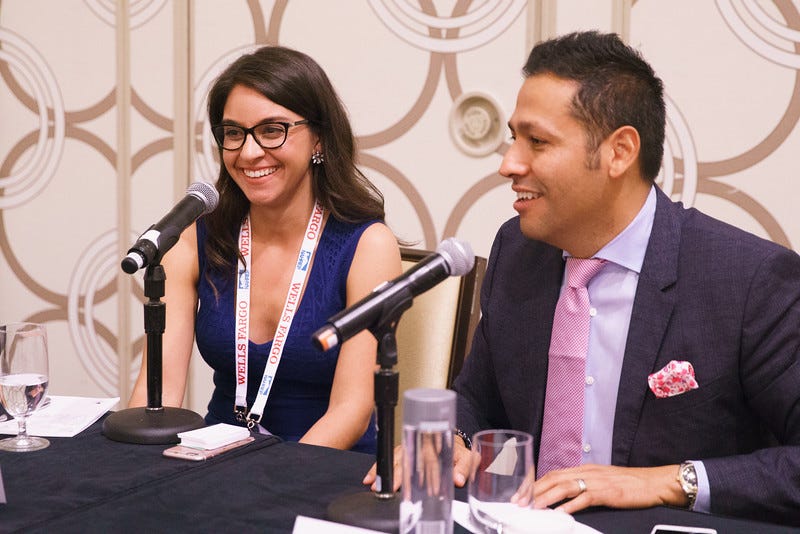
For inclusion, it’s so important to have an understanding of what gaps we have and what we can be doing as teammates and managers to improve. Right now, I’m working on a slate of programming for Hispanic Heritage Month- hoping to amplify the experiences and voices of Latinx Googlers.
Product inclusion is about accessibility and equity. As part of Google’s recent commitments to racial equity there are a lot of ideas that product teams are looking to implement soon. In Android, a past example of product inclusion is our launch of gender neutral emojis.
What are some of the greatest opportunities you see right now to drive meaningful change when it comes to more equitable representation in tech?
The biggest opportunity I see right now is for companies, leaders, and teams to take bigger risks in their pathway to building equity. I have never seen this kind of momentum around racial equity in my career, and I think it would be a big miss for companies to play it safe. What antiracism training can you implement as mandatory? Is it time to audit your hiring and promotion programs to see what is broken and how to improve? How can you move your inclusion strategy beyond just an employee resource group (ERG)?
At Noun Project, we believe visual language has the power to shape, reinforce and change perceptions. What are your thoughts on why diverse visual representation in tech is so important to helping change the status quo in the industry?
There’s two ways I think of it. First, “You can’t be what you can’t see”- inclusion is very much tied to representation. So the more diverse visual representation, the broader and more inclusive reach we can have across all demographics and audiences.
Second, ensuring Google products allow for everyone to see themselves reflected, such as gender neutral emojis.
Looking to the future, what inspires you and what initiatives are you most excited about right now?
I’m inspired by the momentum we are seeing in DEI work right now across all industries. I’m most excited when I think of a future corporate America that doesn’t look like it does today- but more equitably represents the demographics of our country.
I think companies have a big opportunity to set ambitious goals for driving real change in the systems that have led to lack of representation for years.
One initiative that I’m really excited about with Latinas in Tech is leading our D&I committee. Even within our own community, there is room for change and growth for us to be more inclusive of our Afrolatinx siblings and strengthen our ability to build antiracist practices.
What are some things everyone can do to actively support building a more inclusive tech industry?
Attend different events and build a more representative network. Come to a Latinas in Tech event!
Take a training on bias and antiracism. Don’t overburden BIPOC to educate you. If you are manager, be aware of the ways bias shows up in your performance reviews
Be aware of the voices that aren’t in the room when you are making decisions on products and programs- are you all from majority groups? How might that be influencing potential blind spots in outcomes?
What advice would you give to young people navigating the path to a future career in tech?
I have two pieces of advice:
- Tune out the critical voices! Sometimes there are opposing voices that might not make it the most welcoming environment be your most authentic self. Sometimes even your own inner voice can be your biggest critic. In those cases, just remember that you bring incredible and unique value to every conversation, team, project or product that you work on! Especially when you may be the only Latinx voice in the room, there is huge value in that, and no one can deny it.
- Hard work matters a lot but it’s just as important to know your passions and find your voice! I’ve always been a very hard worker and a perfectionist- so much of my student life and also my career at Google reflects that. Your work will speak for itself. If you take time to reflect and tune into what your real passions are and use those as a guiding light for the opportunities you want to pursue, and the spaces you want to be a part of, that is when the real magic happens!
This interview reflects Nicole’s personal views only.
About Latinas in Tech
Latinas in Tech is a non-profit organization working to rebuild the tech industry so that Latinas are well-represented throughout all levels of the ecosystem. The group is comprised of more than 10,000 women, representing more than 23 countries, working at more than 200 of the top technology companies. The group began in Silicon Valley in 2014 and has since then expanded to 13 cities and states: Atlanta, Austin, Boston, Chicago, London, Los Angeles, Mexico City, Miami, New York City, Sacramento, Seattle, Utah, and Washington DC. Latinas in Tech focuses on 3 key pillars: professional development, recruiting, and mentorship. For more information, visit https://www.latinasintech.org.



